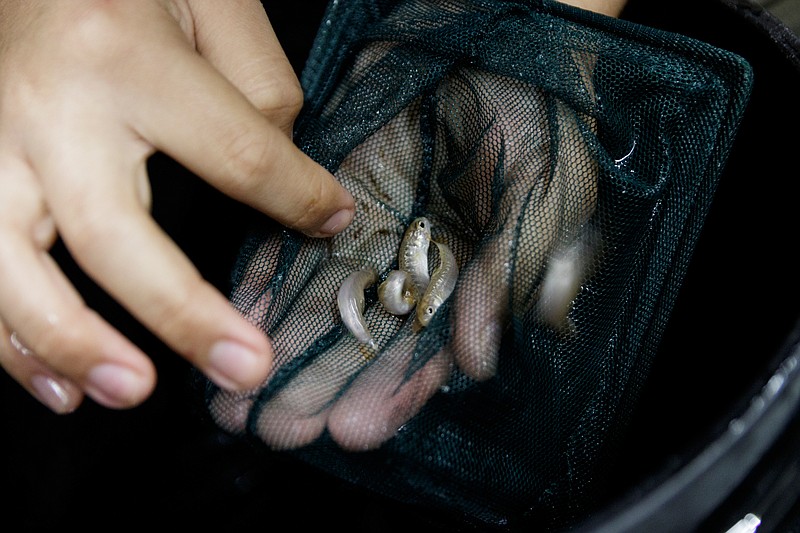Legislation introduced in the U.S. Senate last week recommends funding for fish and other wildlife species that are in great need of conservation across the country.
The bipartisan Recovering America's Wildlife Act is co-sponsored by Sen. Lamar Alexander, R-Tennessee.
The legislation recommends that Congress authorize $1.3 billion annually from energy development on federal lands and waters to the existing Wildlife Conservation Restoration Program to conserve "the full array of fish and wildlife," Tennessee Wildlife Resources Agency officials said in a recent statement.
This solution, proposed initially by leaders of the energy, outdoor recreation retail, manufacturing, and automotive sectors as well as sportsmen and women and other conservation groups, is complementary to existing natural resource conservation and outdoor recreation programs, state wildlife officials said.
It will not require taxpayers or businesses to pay more, but instead allows all Americans to become investors in fish and wildlife conservation, officials said.
The Senate bill complements the House version introduced in December 2017 which officials said has gained strong, bipartisan co-sponsorship due to its innovative approach to solving America's wildlife crisis, with the current list of co-sponsors growing to more than 75 members.
Tennessee has one of the most diverse populations of fish and wildlife in the country," Pandy Upchurch, assistant chief for the TWRA biodiversity division, said. "While some of our species are thriving, others are continuing to face increasing challenges."
There are 1,499 species in Tennessee considered to be species of greatest conservation need. There are 79 animals listed as threatened or endangered, officials said.
At the request of Congress, every state has developed a wildlife action plan to assess the health of their state's fish and wildlife and outline conservation actions necessary to sustain them, according to officials.
The act will help Tennessee implement its wildlife action plan, which will help address important wildlife issues that have been traditionally underfunded, officials said.
